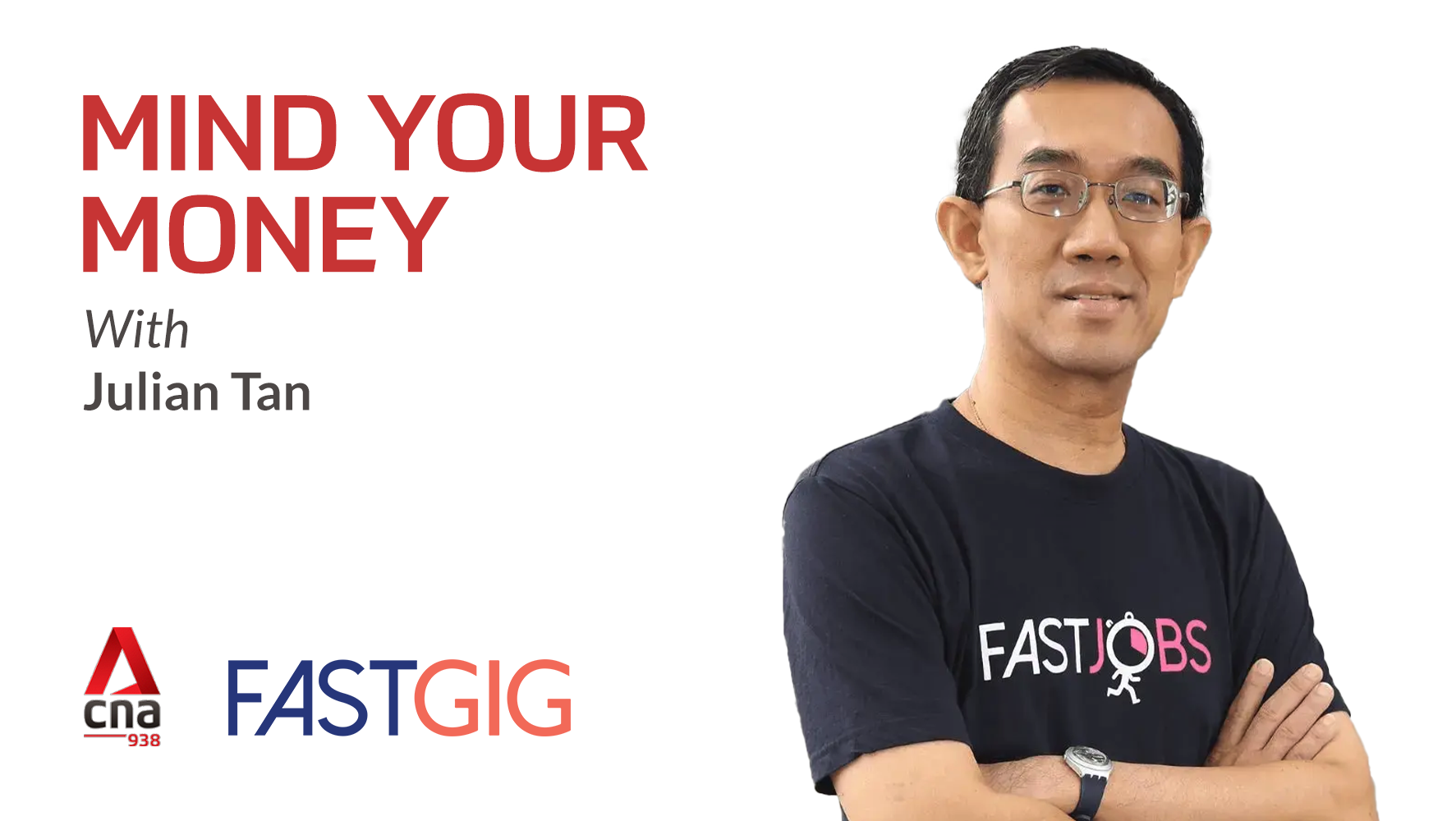Navigating the 2025 workforce landscape demands a strategic approach to automation, upskilling, flexible work models, and top talent retention.
Organisations must embrace automation's disruptive force by cultivating a workforce adept at leveraging technology while honing essential human skills like creativity, critical thinking, and collaboration.
Simultaneously, investing in continuous learning and agile work environments that offer remote flexibility and work-life balance will be pivotal for attracting and retaining top performers. Those who skillfully harmonise these trends will forge a competitive edge in the rapidly evolving future of work.
By 2025, Gen Z will comprise 27% of the workforce in OECD countries. This generation prioritises stability, sustainability, and safety in their employers. They seek organisations offering development opportunities and financial stability. As an employer, focus on creating a safe, healthy workplace that fosters belonging and fun, as 78% of Gen Z view work as a place to build community.
The hybrid work model, blending remote and in-office work, will become increasingly prevalent. Employees are seeking greater flexibility and work-life balance, with 62% of Gen Z willing to accept lower salaries for better work-life balance. Consider implementing four-day workweeks, as pilot programmes have shown improved productivity and employee well-being.
AI will transform workplace dynamics, shifting towards human-machine collaboration. Leverage AI to enhance productivity and efficiency, while using AI-driven analytics to support employee engagement and career development. However, be mindful that only 60% of Gen Z believe AI will positively impact their careers. Address these concerns through transparent communication and upskilling initiatives.
The rapid evolution of job roles necessitates continuous learning. Invest in robust upskilling and reskilling initiatives to keep your workforce competitive. Consider implementing extended reality (XR) technologies, including augmented reality (AR) and virtual reality (VR), as innovative training solutions for equitable upskilling opportunities.
As we approach 2025, the job market is evolving rapidly with the increased adoption of new technologies. Artificial Intelligence (AI) and Machine Learning specialists are in high demand, as businesses seek to automate processes and improve efficiency. Cloud computing experts and blockchain specialists are also crucial as companies move towards digital transformation. With the rise of cyber threats, cybersecurity professionals skilled in incident response and risk management are essential for protecting sensitive data.
The abundance of data has increased the need for skilled analysts who can extract meaningful insights through data visualisation and coding. Software developers and UI/UX designers are also in high demand, with the Bureau of Labor Statistics expecting a 25% growth in employment for software developers. Digital marketers with expertise in SEO, content creation, and social media marketing are crucial for businesses to effectively reach their audiences.
The green jobs boom is projected to continue, benefiting sectors like finance, tech, and engineering. In healthcare, there's a growing demand for telehealth nurses, mental health professionals, and biotechnology experts. These roles reflect the shifting focus towards sustainable practices and the ongoing importance of healthcare services.
Alongside technical skills, increased demand for soft skills prevails. Adaptability, communication, and problem-solving are essential for navigating the evolving job market. Project management skills, including effective time management and leadership, are increasingly valuable as businesses undertake more complex projects. Employers should focus on fostering these skills to prepare their workforce for the future.
To stay competitive in the 2025 job market, consider upskilling through courses available at FastLearn. Enhance your employability by developing both technical and soft skills relevant to these emerging career paths.
As we approach 2025, upskilling and reskilling have become critical for organisations to remain competitive. The World Economic Forum reports that by 2025, over half of global employees will need to reskill or upskill to stay relevant in the job market.
Upskilling involves enhancing employees' current skills, while reskilling teaches them new ones for different roles. Both are essential for:
According to Forbes, many leading companies have invested heavily in these programmes to prepare employees for additional responsibilities and new roles.
To create successful upskilling and reskilling initiatives:
IBM's 'New Collar Jobs' initiative is an excellent example, providing employees with skills for emerging fields like data science and artificial intelligence.
By investing in your workforce's development, you'll not only reduce hiring expenses but also build a more agile and future-ready team.
As we approach 2025, the concept of Diversity, Equity, and Inclusion (DEI) is evolving beyond mere representation. Organisations are focusing on creating a genuine sense of belonging and inclusivity for all employees. This shift emphasises psychological safety, allowing staff to voice their thoughts freely and feel valued for their diverse perspectives.
There's a growing emphasis on neurodiversity and disability inclusion in the workplace. HR departments are implementing targeted recruitment strategies, workplace accommodations, and specialised training for managers and teams. This approach goes beyond compliance, focusing on inclusive design that benefits all employees.
By 2025, organisations will increasingly rely on data to drive their DEI initiatives. Advanced analytics and AI-powered platforms will provide real-time metrics to measure progress and inform decision-making. This data-centric approach will help companies move beyond representation metrics, focusing on holistic measures such as employee engagement, retention rates, and career progression for underrepresented groups.
As we approach 2025, prioritising employee wellbeing has become crucial for non-executive employers. A recent survey reveals that 54% of HR professionals identify burnout as a key issue within their organisations. To address this, employers are adopting holistic wellness programmes that encompass various dimensions of wellbeing, including occupational, physical, emotional, and financial aspects.
Studies show that companies with effective wellness programmes experience higher employee satisfaction, with 79% of employees feeling genuinely cared for by their HR department. These initiatives also positively impact attraction and retention, as 89% of workers consider employee wellbeing a priority when seeking new employment.
To justify investments in wellbeing programmes, employers are adopting data-driven approaches. They're using engagement surveys and productivity metrics to measure ROI and fine-tune strategies for maximum impact. This approach not only benefits employees but also contributes to the company's bottom line, with more than half of companies reporting returns of over 100% on their wellness programme investments.
As technology advances, AI and automation are reshaping non-executive roles across industries. Predictive analytics tools can help anticipate market changes and customer behaviour, enabling more informed decision-making. For instance, automated resume screening and candidate matching systems are streamlining hiring processes, allowing HR teams to focus on strategic tasks.
AI-driven automation is revolutionising routine tasks, freeing up valuable time for non-executive employees. According to recent studies, 76% of HR leaders believe adopting AI solutions is crucial for remaining competitive. These technologies can:
While AI offers numerous benefits, it's essential to maintain a balance between automation and human interaction. HR leaders recommend creating a culture of digital curiosity and providing training to upskill employees on leveraging new technologies. This approach ensures that AI complements rather than replaces human skills, allowing non-executive staff to focus on more impactful, strategic work.
To attract and retain top talent in 2025, you'll need to focus on authentic leadership. According to Forbes, transparency and vulnerability in leadership will be crucial. Ensure your actions align with your company's values, as employees increasingly seek organisations with genuine, trustworthy leaders.
Provide opportunities for employees to contribute to the bigger picture. Meaningful work with clear impact will be a key factor in attracting talent. Additionally, offer genuine flexibility in how, when, and where work is completed. This approach caters to diverse needs and enhances work-life balance.
Continuous learning opportunities will be essential. Invest in your employees' growth and development to keep them engaged and loyal. Create a culture of belonging where all team members feel valued and heard. LinkedIn reports that skills-based hiring will become more prevalent, so focus on upskilling and reskilling programmes
As we approach 2025, non-executive employers must adapt to emerging workforce trends to remain competitive.
By embracing flexible work arrangements, prioritising upskilling, fostering diversity and inclusion, and leveraging technology, you can future-proof your business and attract top talent. Remember, the key to success lies in proactively addressing these changes and creating a workplace that values employee well-being and growth.
Ready to implement these strategies and find the right talent FAST? Start your journey with FastJobs today and stay ahead in the evolving world of work.

In Singapore’s job market, portals offer fast access while agencies provide tailored matchmaking.
Read more
FastGig helps solve manpower shortages by offering flexible gig work for businesses and individuals in SG.
Read more
What matters more? Skills and experience or an employee's school qualifications? Get insights on how Singapore employers strike a balance between both when hiring.
Read more